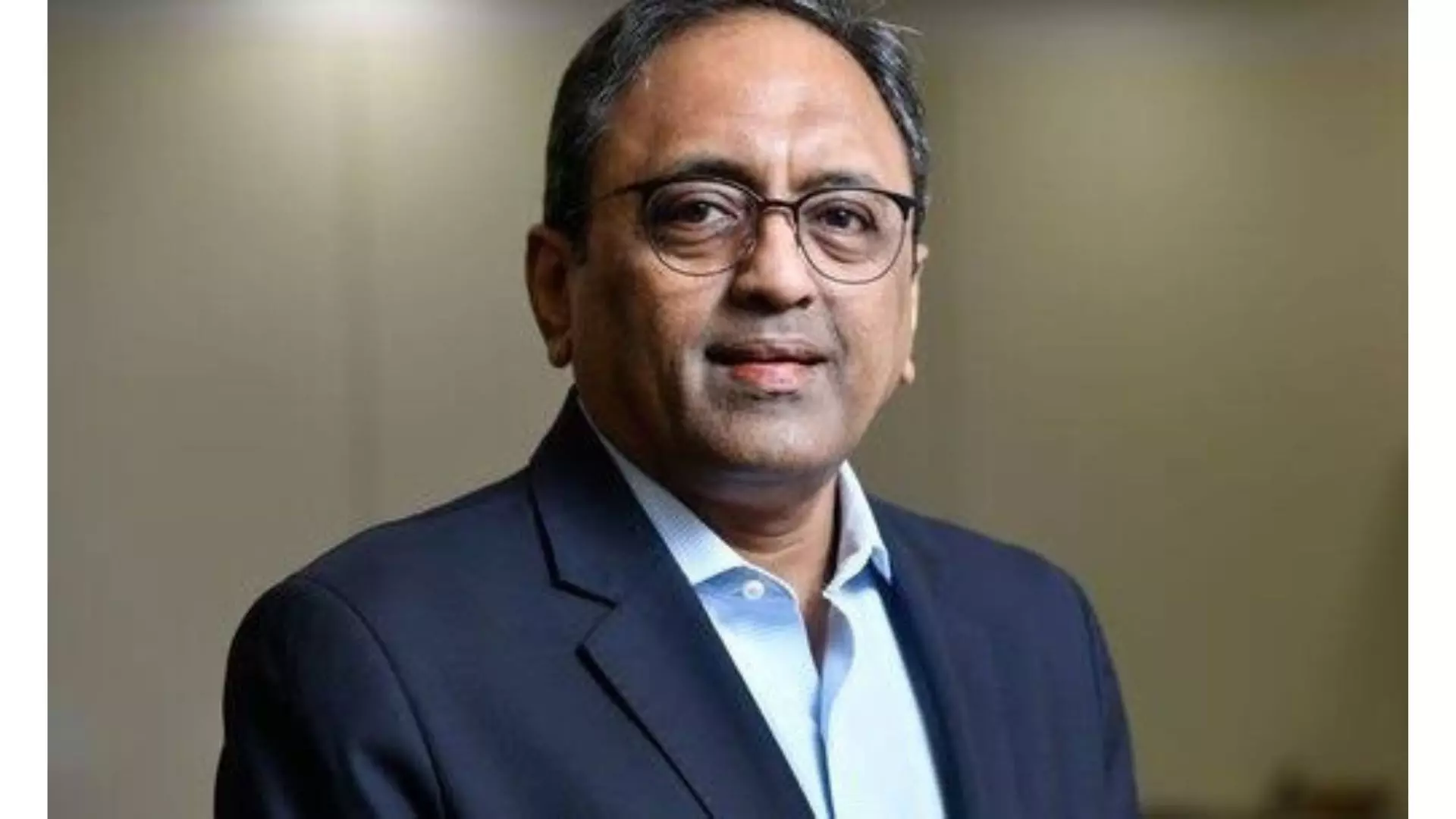AA Edit | Work smarter, keep life ‘balance’

Larsen and Toubro is known for its construction prowess in India. It has been one of the companies that engineers dream to begin their careers in. Some of the best engineers have come out of this company. However, the company’s only motive today, going by its chairman S.N. Subrahmanyan’s remarks, appears to be to transform its employees into robots in an age and time when the world is racing towards turning robots into humans.
Mr Subrahmanyan’s promotion of a 90-hour week for his employees and his disdainful remarks on the private lives of his employees are unbecoming for an official of his stature and experience. He appears to be living in eighteenth century Europe where the industry considered labour as a mere factor of production, disregarding the fact that labour is a collective for societal human beings.
According to the International Labour Organisation (ILO), the average working hours of Indian men is 49 hours and 54 minutes, the sixth highest in the world. If one believes in Subrahmanyam’s argument that longer working hours is key for development of the country, Bhutan, Lebanon, Lesotho, and Pakistan who supersede India in terms of longer working hours would have been wealthier than India.
Mr Subrahmanyan and others like him must understand that today’s tech-savvy world requires smart individuals and not those who toil in the office or factory floor for 90 hours a week. Being at the apex of the organisation with a monetary compensation that is 534 times more than an average salary of an employee in his company, Mr Subrahmanyan cannot present himself as an example to emulate.
After Mr Subrahmanyan’s statement kicked up a fury on social media, L&T issued a statement trying to defend its chairman as a person who wants to shape India’s future. However, the person who drafted that message on behalf of Mr Subrahmanyan appears to have forgotten that the family forms the core of the Indian civilisational ethos.

